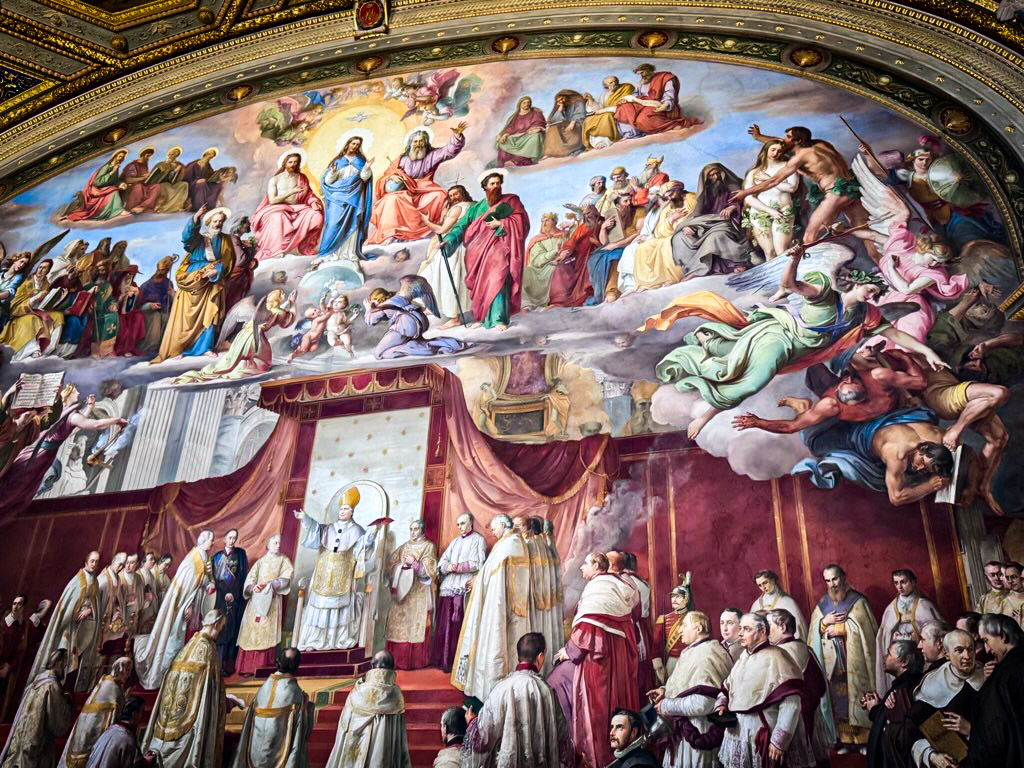

 ©Michael Player
©Michael Player
Chapter 3:9-12 (ESV) - Hear this, you heads of the house of Jacob
and rulers of the house of Israel,
who detest justice
and make crooked all that is straight,
who build Zion with blood
and Jerusalem with iniquity.
Its heads give judgment for a bribe;
its priests teach for a price;
its prophets practice divination for money;
yet they lean on the Lord and say,
“Is not the Lord in the midst of us?
No disaster shall come upon us.”
Therefore because of you
Zion shall be plowed as a field;
Jerusalem shall become a heap of ruins,
and the mountain of the house a wooded height.
Question to consider: How do we change the culture?
A popular phrase is “politics is downwind of culture.” The idea is that the type of politicians who hold public office are generated from the surrounding culture and not the other way around. If this is the case, what shapes the culture? One could make the argument that society is shaped by institutions like media outlets, entertainment, and education. I would submit that these institutions are merely the instruments used to shape a culture, but that the wielders of these instruments are super-natural.
As Paul wrote, “For we do not wrestle against flesh and blood, but against the rulers, against the authorities, against the cosmic powers over this present darkness, against the spiritual forces of evil in the heavenly places.” (Ephesians 6:12) If we want to see a change in the culture and politics, it begins and ends with the church’s fidelity to the Gospel of Christ. The promise of the church that abides in Christ is that the gates of hell will not prevail against it. Demonic forces, secular philosophers, eastern mystics, and Islamic mullahs do not win against the grace and mercy of God in Christ Jesus. However, a society built by a church that has watered down, twisted, and marginalized the work and word of Christ is doomed to be replaced.
Life in Israel and Judah was a bit different in that these kingdoms were theocratic. The religious institutions were also the political institutions. However, they were still influenced by the faith of their citizens. Today’s passage drives home Micah’s most important message. Samaria was already an incurable wound. It had separated itself from the holy city and temple and put its trust in wealth and worldly peace. Judgment was already coming for them and the parts of Judah that were influenced by them.
If the rulers of Judah did not repent, even the holy city would be plowed as a field, and the temple mount destroyed. King Hezekiah listened to the likes of Micah and helped to tear down the abominations that had crept into the holy city. However, he became prideful toward the end of his life and failed to get rid of the false prophets. He produced a son, Manasseh, who became the most vile king in the history of Israel and cemented the destruction of Jerusalem by the Babylonians.
Dear heavenly Father, You are merciful and gracious, slow to anger and abounding in steadfast love. Thank You that You do not deal with us according to our sins, nor repay us according to our iniquities. May we therefore cling to Your grace while it may be found and call our neighbor to do the same. Amen.